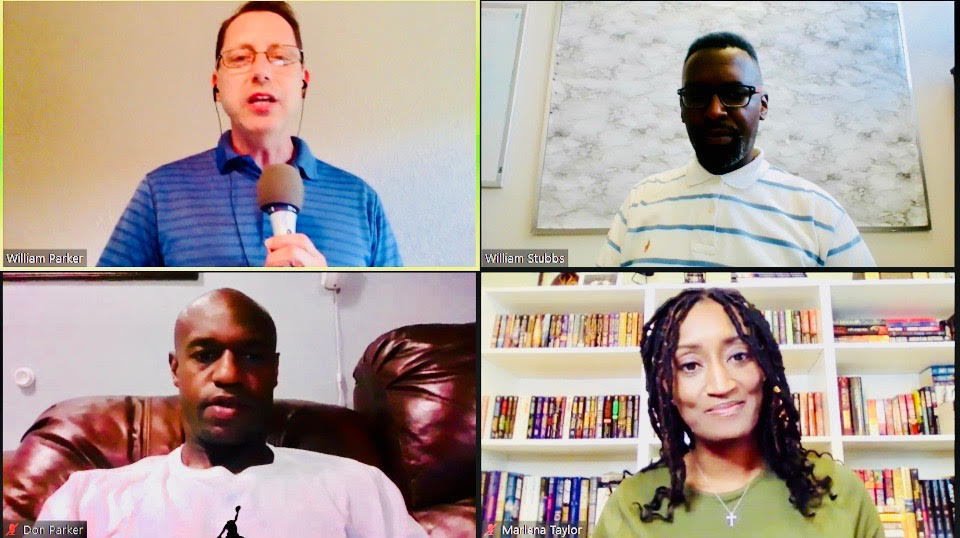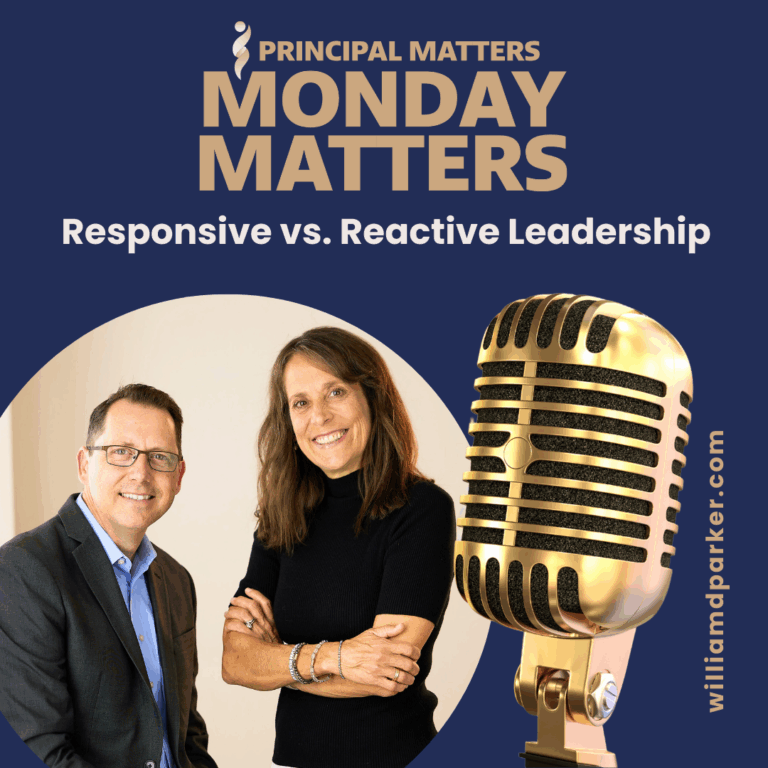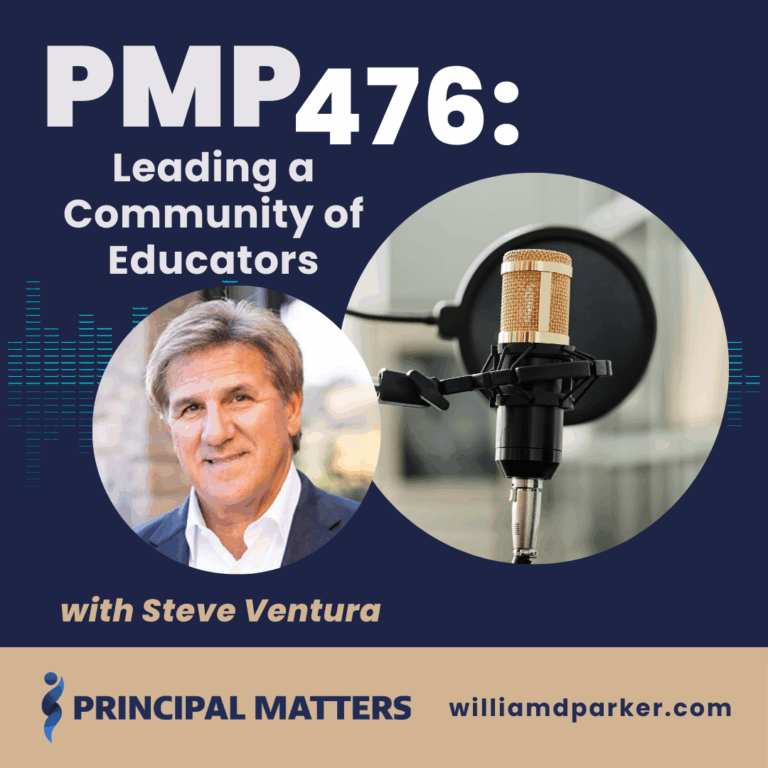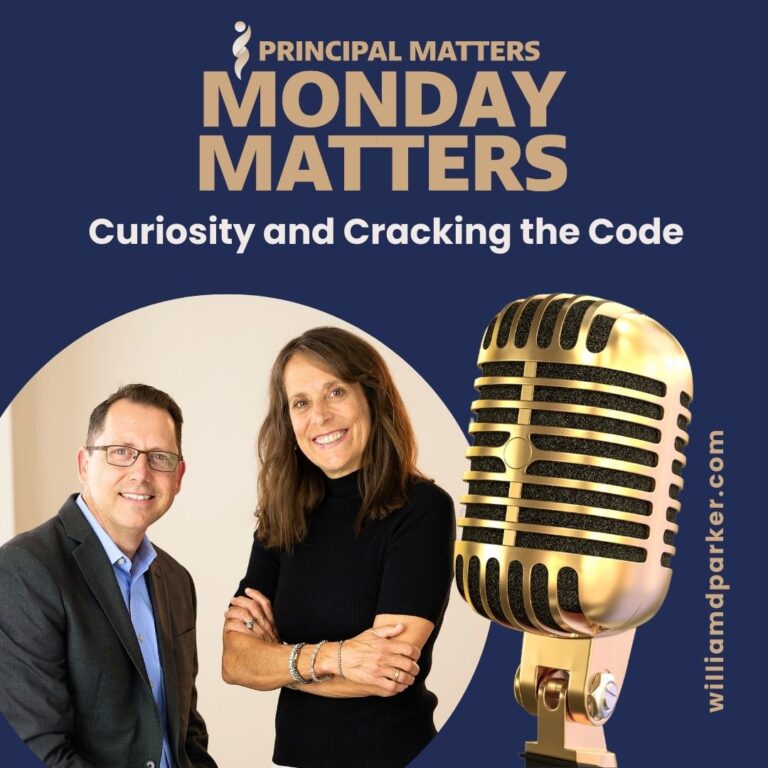Podcast: Play in new window | Download
Last week, my guests William Stubbs, Marlena Gross-Taylor, and Don Parker shared feedback on their personal and professional reflections around equity, racism, and inequalities.

They each gave suggestions to help you decide how to respond in your own school community. In Part 2 of this discussion, they dive even deeper as they share several strategies, examples, and resources.
Meet the Panelists:
Marlena Gross-Taylor is the founder of Edugladiators.com, and provides education consulting and publishing services across the U.S. She serves as the Chief Academic Officer for Douglas County School District in Denver.
William Stubbs is the Middle School Managing Director at UpLift Education in Dallas, Texas. He is a former Instructional Leadership Director, K-12 Principal, Dean of Students and Upper School Literature Teacher. He is also a co-moderator for the Twitter chat #BMEsTalk, each Tuesday night at 8PM Central Standard Time.
Dr. Don Parker is a highly sought-after speaker and professional development provider. He is the principal of Posen Intermediate School in Posen, Illinois, just outside of Chicago. He is also the author of the new book, Building Bridges: Engaging Students at Risk Through the Power of Relationships with Solution Tree Press.
Discussions on Equity and Racism
In this episode, we discuss three additional questions with summary responses below:
What advice would you give to school leaders who are trying to reconcile the tension of leading as “neutral authority” while also leading with courage?
William:
- Leadership is not for the faint at heart. Your core values and mission must align with calling out injustice and inequities when you see them. First, make sure of your own awareness of implicit bias and power structures. Being prepared begins with being a learner yourself. Your public and private beliefs and practices must align. That begins with family and friendships. When you’re having these discussions there first, you’ve exercised the muscles you’ll need for leading public conversations. Next, create safe places by relying on others who are experts in social justice discussions.
Marlena:
- First, let’s call a spade a spade. Most leaders try to lead through appeasement. But compromising on your values means losing who you really are. There is no space to be neutral when it comes to racism and inequality. Be strong enough to say where you stand. Doing what is right for students always places you on the right side of a conversation. Make sure you are educating yourself in the literature and research. But this also includes having a leadership coach who can help you navigate organizational and situational roadmaps.
Don:
Being a leader is tough and having these conversations is challenging. Without challenge there is no change. Comfort and growth do not live in the same space. Yes, teachers have initiative fatigue, but cultural competency is not going away. We must guide others into these discussions by building trusting relationships. Once you have trust, guide them through inquiry. Use surveys, guided discussions, and help them discover these truths on their own through helping them reflect and grow.
School leaders may be asking ‘how should I be responding’ to my students and community in the weeks and months ahead?’ What other suggestions or resources would you point them to?
Marlena:
- Yes, we feel the pressure to respond. First, think about your feelings, why you’re feeling that way, and fill in the gaps by reaching out to leaders you trust to process what you’re feeling before sharing with others. Second, reach out to someone who can help you lead conversations so you don’t create more harm. Third, simply reach out to your staff and students, and relay your re-commitment to equity. Make sure you ask others how they are feeling, and then just listen.
Don:
- First, ask others what they are feeling in one word. Then ask, why are you feeling that way? Explain you are creating a safe place and a shared space for finding ways to make this better together. Give others the right not to speak if that’s what they choose. Students must have the space to express themselves in a respectful way that leads to change and shared understanding.
William:
- Be clear to name what you are talking about. In this case, it is violence and racism. Using Socratic Seminars provides a constructive ways to talk specifically about any issue. First, take your staff through the productive struggles, misconceptions and the core of understanding an activity that leads them through guided discussions. Once this has been modeled for staff, then your staff will be better equipped for facilitating these conversations with students. Use primary documents as the basis for leading conversations by bringing the facts, not opinions, to the table. Practice caution with your protocols so you have the right balance.
What final thoughts do you want to share with other leaders and what resource(s) might you recommend?
Marlena:
- My thoughts are not final because this is a conversation that must continue. Do more than just like, re-Tweet, or share a post about racism and inequity. Your way will look different from someone else, but this is a human rights issue. When the rights of blacks are diminished, the rights of everyone are diminished. Even after we find a vaccine for COVID, we cannot continue to see black people being killed. Participate in #edugladiators on Saturdays at 8AM Central Time via Twitter for ongoing conversations. Read White Fragility by Robin DiAngelo, this should be required reading for educators.
Don:
- We have to be a role model for what we want to see in others. Think globally, act locally. The smallest deeds is greater than the grandest intention. Begin conversations at your local library. Let others share their feelings and experiences. If we are all taking small steps in the right direction, we can eventually affect great change. Don’t be afraid to speak up and speak out. Right is right. Stand up unapologetically. I recommend resources from the PUSH organization in Chicago. An injustice to one of us is an injustice to all of us.
William:
- Think of the learner-lens and the leader-lens. You don’t switch to leading until you first understand the learner. Be genuine and authentic. Education is social justice. When we do it right, we are doing the work. Master your craft as an educator and then affect or change systemic problems as you see them. Connect with practitioners so you are learning from others actually do the work. They will provide a sounding board you will need for the work you are doing. New York City Leadership Academy and University of Washington Center for Educational Leadership. Both have helpful resources around equity. Also, check out the collaborative document on racism and understanding white supremacy via this doc.
Now It’s Your Turn
As you think about your own personal and professional responses to issues on equity and racism, reach out to others you trust for reflection and understanding. Keep in mind the importance of understanding issues from the lens of students before translating them as a leader. And keep learning by relying on good resources and educators who can provide real-life guidance and feedback along the way.




